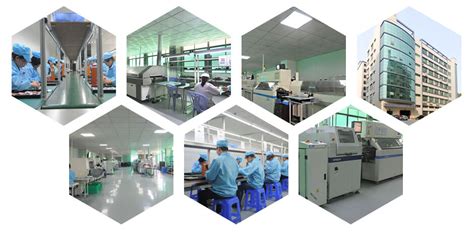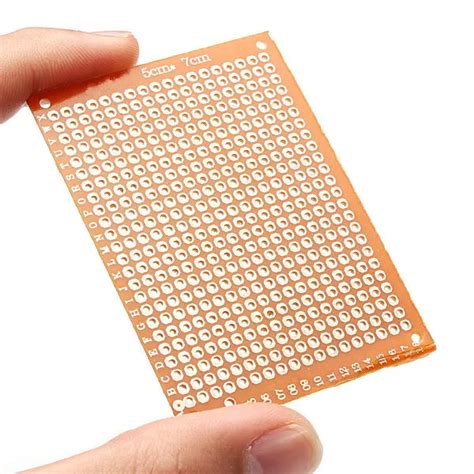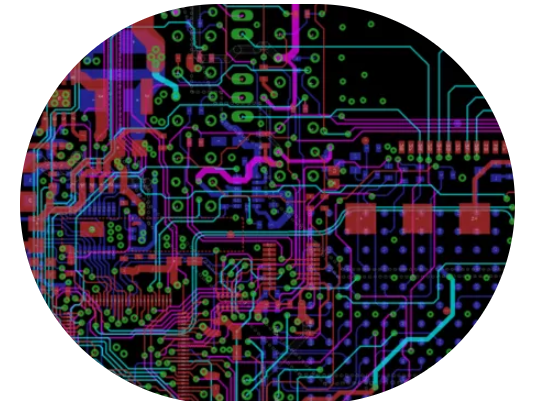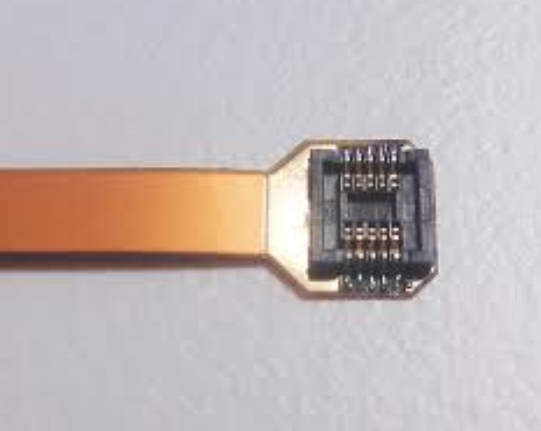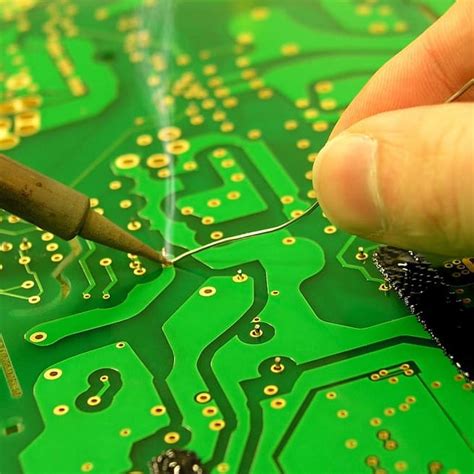High-Quality PCB Manufacturing: Expert Guide to Reliable Suppliers
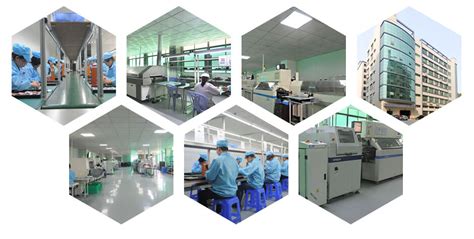
Key Takeaways
When evaluating PCB manufacturing companies, prioritize those with certified quality standards (e.g., ISO 9001, IPC-A-600) to ensure precision in PCB manufacturing. Key factors include material traceability, advanced testing protocols, and on-time delivery rates—critical for minimizing delays in your PCB manufacturing business.
"Always request a detailed breakdown of PCB manufacturing cost components, including tooling fees, material grades, and volume discounts. Hidden charges can impact budget planning for complex designs."
For rapid prototyping, verify suppliers offering 24-hour turnaround options without compromising layer alignment or solder mask quality. Compare domestic vs. offshore partners: local vendors may provide faster logistics, while global PCB manufacturing hubs often reduce costs for bulk orders.
Look for providers with IP protection safeguards, such as NDAs and secure data handling, especially when outsourcing sensitive projects. Tools like automated DFM checks and real-time order tracking further distinguish reliable PCB manufacturing companies.
Pro Tip: Balance PCB manufacturing cost with long-term reliability—choosing the cheapest option may lead to rework expenses from undetected defects.
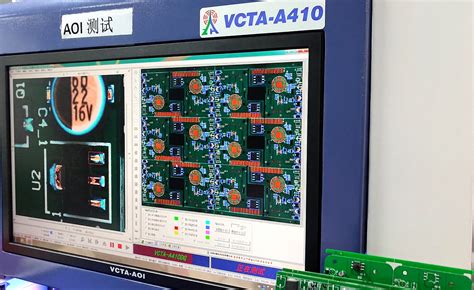
High-Quality PCB Manufacturing Essentials
When selecting a PCB manufacturing partner, you need to prioritize technical capabilities and quality control processes. Leading PCB manufacturing companies invest in advanced technologies like automated optical inspection (AOI) and impedance testing to ensure precision across multi-layer boards. Material selection plays a critical role here—high-Tg FR-4 or polyimide substrates may cost more but enhance durability for demanding applications.
A common challenge is balancing PCB manufacturing cost with quality. Below is a comparison of factors influencing pricing:
| Factor | Impact on Quality | Cost Influence |
|---|---|---|
| Layer Count | High | 20-40% |
| Surface Finish | Moderate | 10-25% |
| Testing Protocols | Critical | 15-30% |
For PCB manufacturing business projects requiring IP protection, verify suppliers’ compliance with NDAs and ITAR regulations. Reputable manufacturers often provide secure data transfer portals and compartmentalized production workflows. You’ll also want to assess their turnaround consistency—delays in prototyping can derail product launches.
Transitioning to production-scale orders? Review certifications like ISO 9001 or UL listings to confirm adherence to industry standards. This ensures your chosen partner aligns with both technical requirements and long-term reliability goals.
Top PCB Manufacturers for Quality Assurance
When selecting PCB manufacturing companies for mission-critical projects, prioritizing quality assurance protocols ensures your designs meet industry standards without compromising functionality. Leading suppliers distinguish themselves through certifications like ISO 9001 and IPC-A-600, paired with advanced testing methods such as automated optical inspection (AOI) and X-ray analysis. For instance, North American-based manufacturers often integrate PCB manufacturing processes with real-time quality monitoring systems, reducing defects to <0.1% in high-volume production.
Global players, particularly in regions like Asia and Europe, balance PCB manufacturing cost with precision engineering by leveraging economies of scale—ideal for prototyping and bulk orders. However, verifying material traceability (e.g., FR-4 or high-frequency laminates) remains critical, as subpar substrates can derail performance. Companies specializing in PCB manufacturing business solutions typically offer Design for Manufacturability (DFM) feedback, aligning your specifications with production realities.
To streamline decisions, compare suppliers’ turnaround times for multilayer boards, impedance control capabilities, and compliance with RoHS/REACH regulations. Prioritize partners that transparently address PCB manufacturing risks, such as solder mask misalignment or copper imbalance, through detailed reporting. This approach ensures your electronics projects benefit from reliability and scalability.
Securing IP Protection in PCB Production
When collaborating with PCB manufacturing companies, safeguarding your intellectual property (IP) becomes critical—especially if your designs involve proprietary technology or unique circuitry. Reputable suppliers integrate robust security measures, such as non-disclosure agreements (NDAs) and encrypted file transfer systems, to protect your data throughout the PCB manufacturing process. Before sharing design files, verify whether the manufacturer uses secure data transfer protocols like AS9100 or ISO 27001 certifications, which signal adherence to international security standards.
Balancing PCB manufacturing cost with IP protection requires careful negotiation. While some providers charge premiums for advanced security features, these investments mitigate risks of design leaks or unauthorized replication. For startups in the PCB manufacturing business, opting for suppliers with tiered IP protection plans can align security needs with budget constraints. Always review contractual terms regarding data ownership and liability clauses to ensure your rights remain intact.
Finally, assess a manufacturer’s track record by requesting case studies or client references related to IP management. This step is essential when outsourcing to global partners, where legal frameworks may differ. By prioritizing transparency and security, you maintain control over your innovations while leveraging reliable PCB manufacturing expertise.
Rapid Prototyping Services Compared
When selecting PCB manufacturing companies for prototyping, speed and precision are critical. Turnaround times can vary significantly—domestic suppliers often deliver in 3-5 days, while offshore partners may take 7-14 days, depending on PCB manufacturing cost structures. For urgent projects, North American manufacturers like Sierra Circuits or Advanced Circuits excel in 24-48-hour turnaround options, though pricing may be 20-30% higher than Asian counterparts.
Global PCB manufacturing business leaders such as JLCPCB or PCBWay offer competitive prototyping rates, but you’ll need to factor in shipping delays and potential customs hurdles. If intellectual property (IP) protection is a priority, domestic providers typically include stricter NDAs and data encryption protocols. For complex designs requiring 12+ layers or HDI technology, verify if the supplier’s PCB manufacturing capabilities align with your technical specs—some budget-focused companies limit advanced feature support.
Always request Design for Manufacturability (DFM) feedback during prototyping. This step helps avoid costly revisions in full-scale production. While comparing services, balance speed, PCB manufacturing cost, and scalability—a partner offering seamless transition from prototypes to bulk orders saves long-term friction.
Local vs Global PCB Supplier Comparison
When choosing between local and global PCB manufacturing companies, you’ll need to weigh factors like PCB manufacturing cost, logistics efficiency, and technical expertise. Local suppliers often provide faster turnaround times and easier communication, which is critical for iterative prototyping or urgent revisions. They may also offer stronger IP protection frameworks, a priority if your PCB manufacturing business handles sensitive designs. However, global partners frequently excel in scalability, especially for high-volume production, and may reduce PCB manufacturing cost through economies of scale or lower labor expenses.
Geography impacts more than just pricing. Local providers might have closer alignment with regional compliance standards, while global firms often bring specialized capabilities for complex multilayer boards or niche materials. That said, logistics delays, import tariffs, and language barriers can offset initial savings with global suppliers. When evaluating options, consider lead times, quality certifications (like ISO 9001), and whether their PCB manufacturing processes align with your project’s technical demands. A hybrid approach—using local partners for prototyping and global ones for mass production—can balance speed, cost, and risk effectively.
Evaluating PCB Fabrication Cost Efficiency
When assessing PCB manufacturing cost, it’s critical to balance affordability with technical requirements. Material selection directly impacts expenses—standard FR-4 substrates are cost-effective for most projects, while high-frequency laminates or specialized finishes like ENIG increase PCB manufacturing business overheads. Volume plays a pivotal role: bulk orders typically reduce per-unit pricing, but prototyping phases may justify higher initial costs for design validation.
Reputable PCB manufacturing companies often provide tiered pricing models, allowing you to scale production as demand grows. Layer count and board complexity—such as HDI designs or impedance-controlled traces—also influence quotes. To optimize budgets, compare how suppliers handle minimum order quantities (MOQs) and expedited turnaround fees.
Geographic location remains a key factor. While domestic PCB manufacturing ensures faster logistics and IP compliance, overseas partners might offer lower rates for high-volume orders. Always request detailed breakdowns that separate tooling, material, and labor costs. Transparent suppliers will highlight potential trade-offs, such as sacrificing lead time for cost savings or prioritizing advanced testing to minimize post-production defects.
By aligning your project’s technical specs with a supplier’s capabilities, you can achieve cost efficiency without compromising reliability.
Key Features of Trusted PCB Providers
When evaluating PCB manufacturing companies, you’ll want to prioritize providers that combine technical expertise with operational transparency. Reliable suppliers typically hold certifications like ISO 9001 or IPC-A-600, ensuring adherence to international quality standards in PCB manufacturing. Look for businesses offering comprehensive design support, including DFM (Design for Manufacturing) analysis, to minimize errors and optimize PCB manufacturing cost.
Trusted partners also emphasize traceability, providing detailed documentation for materials, testing results, and production workflows—critical for auditing or scaling your PCB manufacturing business. Advanced facilities with automated optical inspection (AOI) and impedance control capabilities further distinguish top-tier providers.
Another hallmark is flexibility in order volumes, whether you need low-volume prototypes or mass production. Transparent pricing models that break down material, labor, and overhead costs help you align budgets without compromising quality. Finally, prioritize companies with responsive customer service and clear IP protection protocols, ensuring your designs remain secure throughout the PCB manufacturing process.
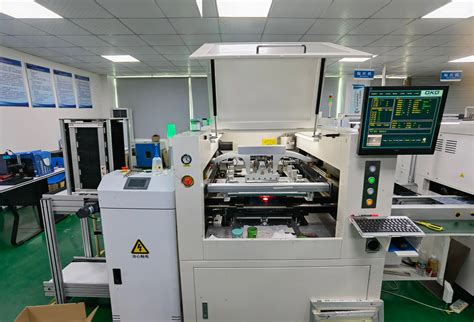
Expert-Recommended PCB Manufacturing Partners
When selecting partners for PCB manufacturing, experts emphasize balancing technical expertise with operational transparency. Leading PCB manufacturing companies distinguish themselves through certifications like ISO 9001 and IPC Class 3 compliance, ensuring adherence to international quality standards. For instance, North American suppliers such as Advanced Circuits and Sunstone Circuits are frequently recommended for their rigorous testing protocols and traceable production workflows, which minimize defects in high-frequency or multilayer boards.
Cost considerations remain critical, but prioritizing value over the lowest PCB manufacturing cost often yields better long-term results. Trusted partners provide detailed breakdowns of material, labor, and overhead expenses, helping you avoid hidden fees. Global suppliers, particularly in regions like Germany and Japan, offer competitive pricing without compromising on precision—ideal for complex designs requiring HDI or flex-rigid capabilities.
For PCB manufacturing business projects, scalability and IP protection are non-negotiable. Partners like Sierra Circuits and Eurocircuits integrate NDAs and secure data handling into their workflows, safeguarding proprietary designs. Additionally, their rapid prototyping services—often delivering boards in 48–72 hours—enable iterative testing without derailing timelines. By aligning with these expert-vetted manufacturers, you ensure reliability across prototyping and mass production phases.
Conclusion
Selecting the right PCB manufacturing partner ultimately hinges on aligning your project’s technical demands with a supplier’s proven capabilities. Whether you prioritize rapid prototyping, IP safeguards, or cost efficiency, thorough evaluation of PCB manufacturing companies ensures your design transitions seamlessly from concept to production. While PCB manufacturing cost remains a critical factor, balancing affordability with certifications like ISO 9001 or UL listing guarantees consistent quality. For businesses scaling operations, partnering with a PCB manufacturing business that offers transparent communication and global logistics support can streamline workflows and mitigate risks.
Remember, the best suppliers don’t just meet specifications—they proactively address challenges like material sourcing or lead time fluctuations. By cross-referencing customer reviews, technical support responsiveness, and compliance records, you position your project for long-term reliability. This approach not only safeguards your investment but also fosters partnerships capable of adapting to evolving demands in electronics development.
FAQs
How do PCB manufacturing companies ensure quality control?
Reputable PCB manufacturing suppliers implement multi-stage inspections, including automated optical testing and X-ray analysis. Look for certifications like ISO 9001 and IPC Class 3 standards to verify their commitment to precision and reliability.
What factors influence PCB manufacturing cost?
Material selection (e.g., FR-4 vs. high-frequency laminates), layer count, and turnaround time directly impact pricing. Bulk orders often reduce per-unit costs, but prototyping phases may prioritize speed over budget optimization.
Can small businesses access PCB manufacturing services affordably?
Yes—many PCB manufacturing business providers offer tiered pricing models, supporting low-volume orders. Some even provide design-for-manufacturability (DFM) feedback to minimize errors and long-term expenses.
How do global suppliers compare to local PCB manufacturing partners?
While overseas vendors may offer lower PCB manufacturing cost, domestic suppliers excel in faster logistics and streamlined communication. For IP-sensitive projects, prioritize partners with NDAs and secure data protocols.
Ready to Explore Custom PCB Solutions?
For tailored guidance on balancing quality, cost, and speed in PCB manufacturing, please click here to connect with industry-certified experts.

